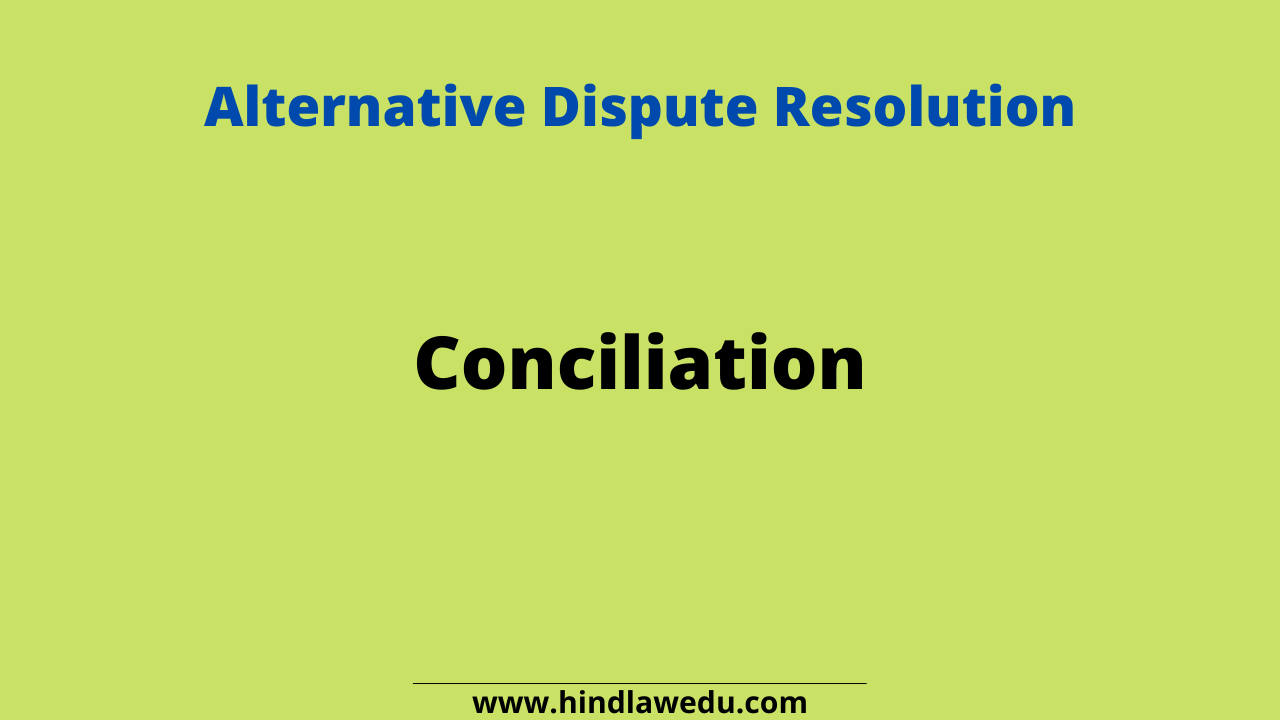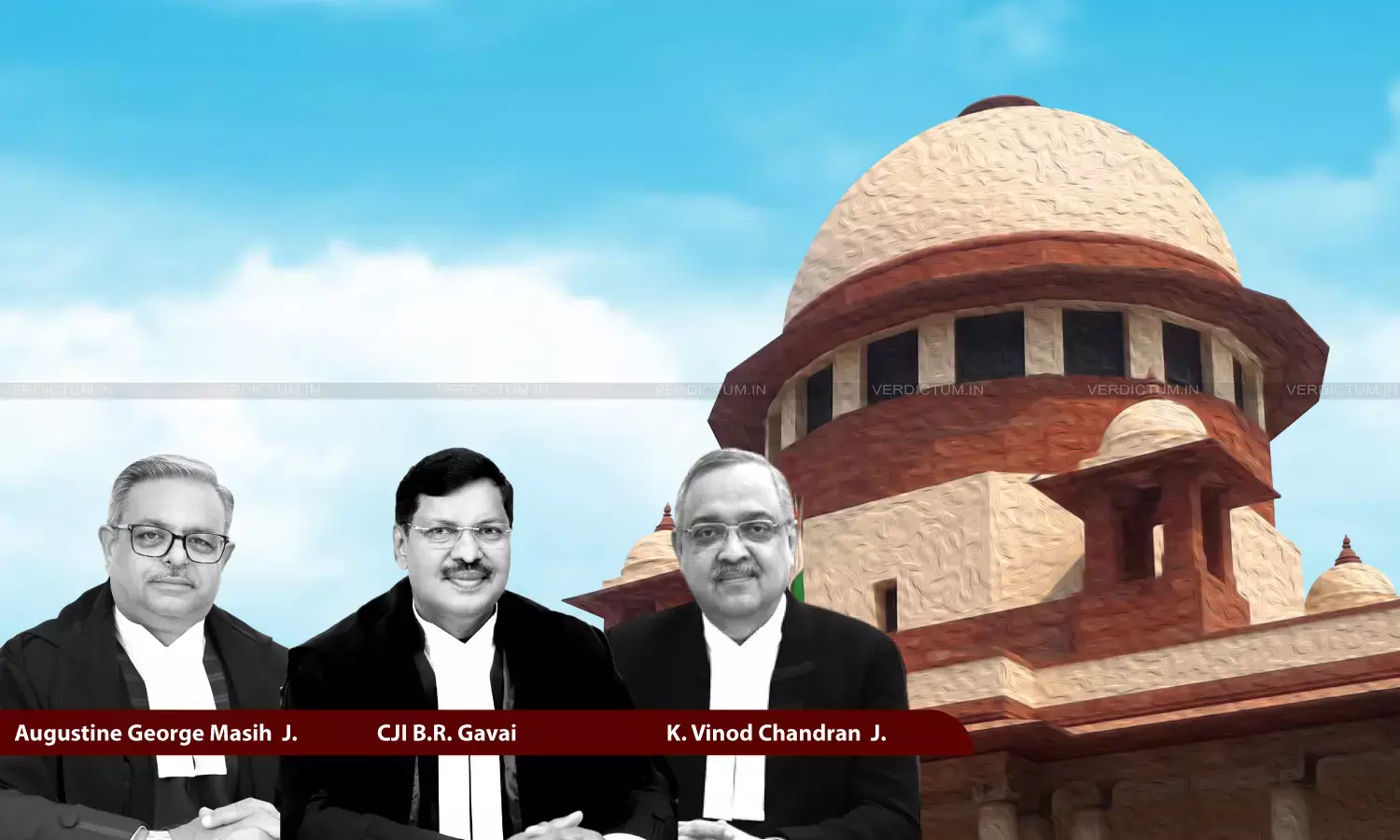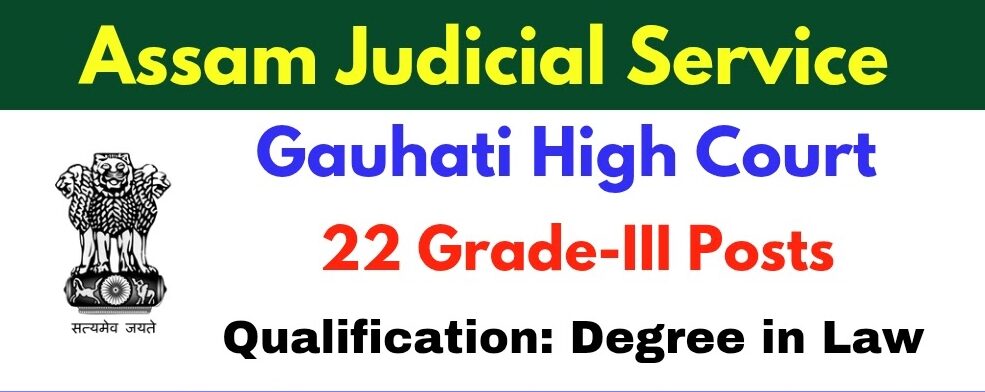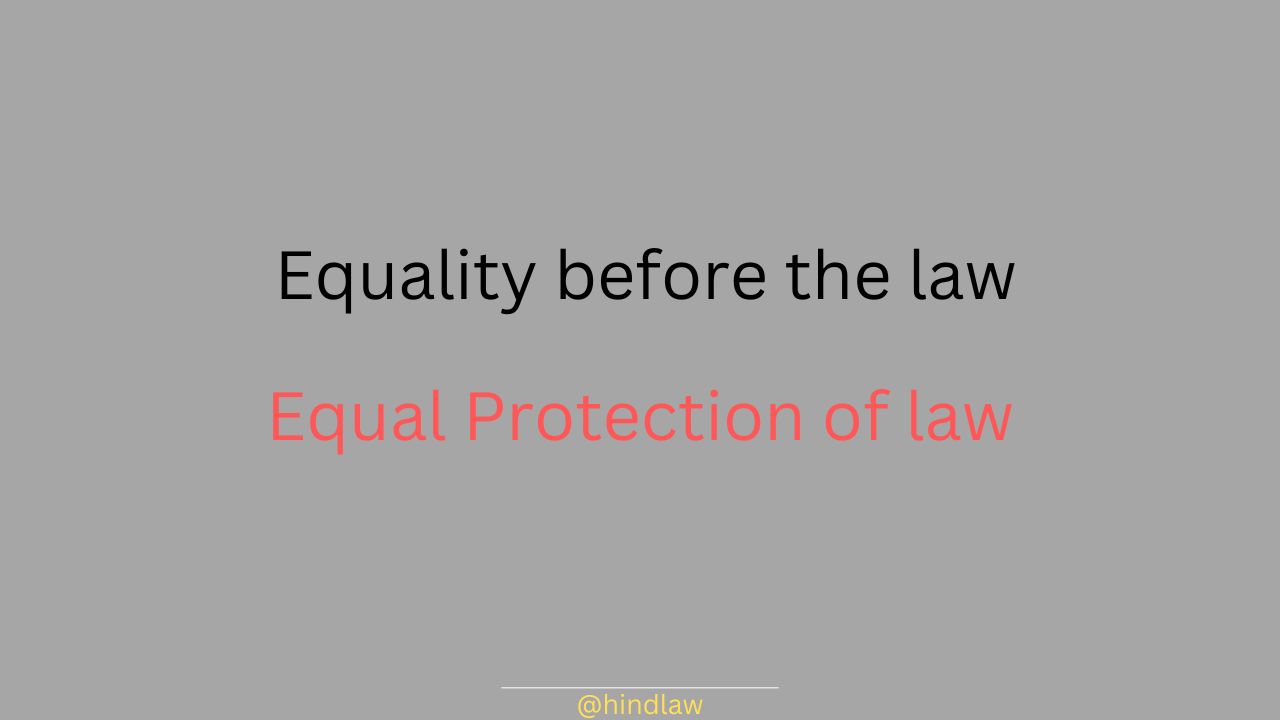Table of Contents
QUIZ START
#1. Trespass to goods:-
A trespass to goods is also actionable per se i.e., without any proof of actual damage.
#2. The liability of the owner of the cattle for cattle trespass;
#3. Strict liability is commonly applied in cases involving:
#4. Law of Torts have mainly developed through
#5. The propounder of pigeon hole theory is:
#6. Which of the following is not a general defense under the law of torts?
#7. In the context of torts, what is the meaning of “consent” as a defense?
#8. Which defense applies when a person commits a wrongful act to prevent a greater harm from occurring?
#9. Under which defense can a person use reasonable force to protect themselves from an imminent threat of harm?
#10. Which defense may reduce the defendant’s liability if the plaintiff’s own negligence contributed to their injuries?
#11. Which defense requires the plaintiff to have voluntarily and knowingly assumed the risk of harm?
#12. Under the defense of “privilege,” the defendant’s actions are justified because?
#13. When is the defense of “inevitable accident” applicable?
#14. The defense of “statutory authority” is applicable when:
#15. In order for the defense of volenti non fit injuria to succeed, the plaintiff’s consent must be:
#16. Under the defense of volenti non fit injuria, the plaintiff’s consent can be implied by their:
#17. Which of the following torts involves intentionally making false statements that harm someone’s reputation?
#18. What is the main distinction between slander and libel in the context of defamation?
#19. Which tort involves intentionally causing apprehension of harmful or offensive contact?
#20. In the context of tort law, what is required for a claim of battery?
#21. Which tort involves intentionally confining someone against their will without lawful justification?
#22. What is required to establish a claim of negligence?
#23. Which of the following is a key element of strict liability?
#24. The concept of Strict Liability evolved from the case of…?
#25. The concept of Absolute liability evolved from the case of…?
Previous
Finish


















